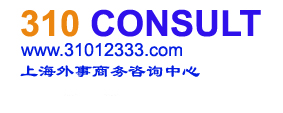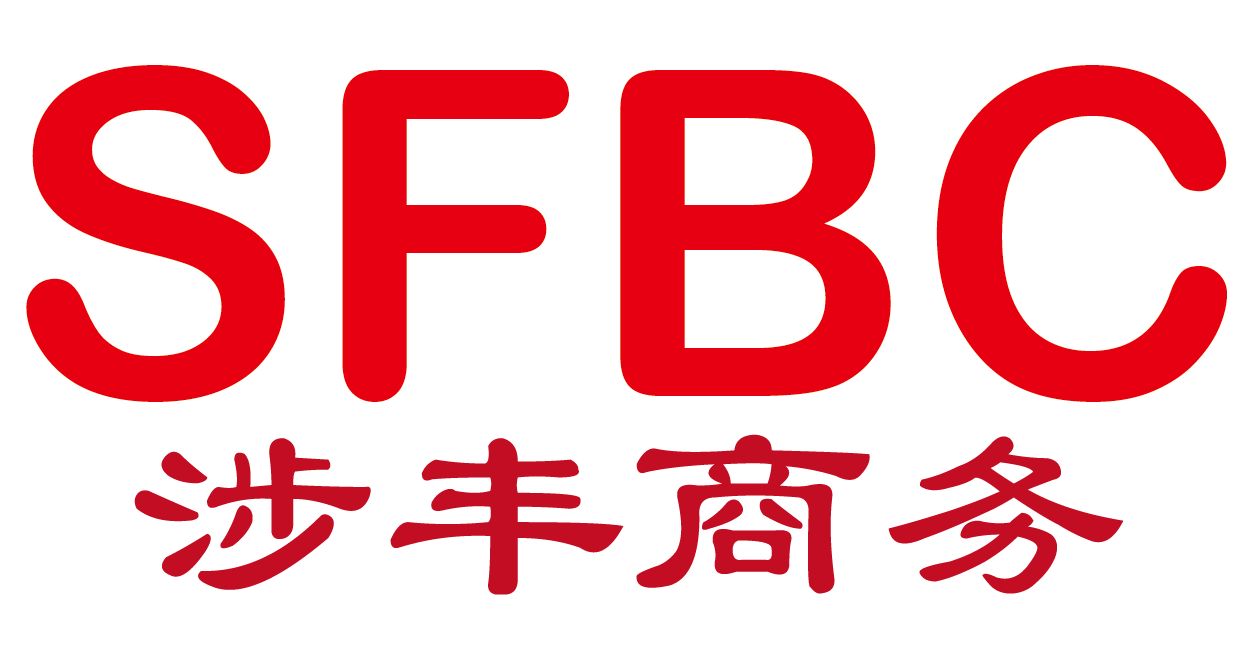《中华人民共和国出境入境管理法》(下称“出境入境管理法”)于2013年7月1日起生效。新法对非法入境、非法居留、非法就业的外国人加强了管理,并提高了处罚力度。国务院还于2013年7月22日公布了《中华人民共和国外国人入境出境管理条例》(下称“管理条例”),管理条例对外国人的入境、居留及就业管理进一步细化了规范内容。
出境入境管理法中与外国人就业有关的要点如下:
1.对非法就业的界定:未按照规定取得工作许可和工作类居留证件在中国境内工作的;超出工作许可限定范围在中国境内工作的;外国留学生违反勤工助学管理规定,超出规定的岗位范围或者时限在中国境内工作的。
2.非法聘用外国人的用人单位可能面临的最高罚款额从人民币5万元提高至人民币10万元。
3.在华非法就业的外国人可能面临的最高罚款额从人民币1千元提高至人民币2万元。情节严重的,外国人还将面临5至15天的拘留。
4.在华非法就业的外国人可能被遣送出境,并可能自遣送出境之日起10年内不准入境。
5.外国人在旅馆以外的其他住所长期居住或者临时住宿的,应当在24小时内向公安机关登记。
管理条例自2013年9月1日起施行。1986年12月公布的《中华人民共和国外国人入境出境管理法实施细则》同时废止。
新的管理条例与外国人来华就业相关的要点如下:
1.新设M字签证,发给入境进行商业、贸易活动的人员(即商务签证)。现在的商务F字签证,将被局限为入境从事交流、访问、考察等非商业贸易活动的人员。
2.L字签证仅发给入境旅游的人员。
3.新设Q字签证,发给因家庭团聚或短期探亲而申请入境居留的中国公民的家庭成员和具有中国永久居留资格的外国人的家庭成员。
4.新设S字签证发给入境长期或短期探亲的因工作、学习等事由在中国境内居留的外国人的配偶、父母、未满18周岁的子女、配偶的父母,以及因其他私人事务需要在中国境内居留的人员。
5.Z字工作签:2013年5月公布的草案中原提到Z字签证将被细分为短期和长期两种,最终Z字签证没有被拆分,与现在保持不变。
6.新增了R字(人才)签证,发给国家需要的外国高层次人才和急需紧缺专门人才。预计相关部门日后会公布相关符合条件的职位及紧缺人才的具体细节。
7.所持X 字签证的外国留学生需要在校外勤工助学或者实习的,经所在学校同意后,应当向公安机关出入境管理机构申请在居留证件上加注勤工助学或者实习信息。
8.聘用外国人工作或者招收外国留学生的单位的报告义务:规定外国人离职或者变更工作地域、招收的留学生因为毕业等原因离开原招收单位的,应当及时向出入境管理机构报告。
9.外国人在出入境管理局申请办理外国人居留证件时,可能将要求留存指纹等人体生物识别信息。
目前正处于新管理条例实施的过渡期,我们预计2013年9月1日之前已经批复并获得的签证直至该签证到期前将仍然有效。
China took steps to compete an overhaul and tightening of the country’s work authorization rules with the enforcement of the Entry-Exit Administration Law on July 1, 2013 and the announcement of implementing rules on July 22, 2013.
The key points of the Entry-Exit Administration Law relating to the employment of foreign nationals are:
1.The law defines “unlawful employment” as:working without a valid work permit and residence permit;working outside the location or scope of responsibilities stated in a work permit (i.e., working at different employer or in another city than stated in a work permit); or working outside the scope of a student permit.
2.Maximum fines on employers that illegally employ foreign nationals are increased from RMB 50,000 to RMB 100,000.
3.Maximum fines on illegally employed foreign nationals are increased from RMB 1,000 to RMB 20,000. In “serious circumstances”, illegally employed foreign nationals may be detained for 5-15 days, or even deported and barred from entering China for up to 10 years.
4.Foreign nationals entering China will be required to register their accommodations within 24 hours nationwide.
The implementing regulations, entitled the Foreigner Entry-Exit Administration Regulations, will take effect on September 1, 2013 and replace rules that were issued in 1986.
Among the highlights of the implementing regulations:
1.A new “M” visa will be available for commercial and trade activities (i.e., a business visa). The “F” visa, which currently covers such activities, will be limited to non-commercial activities.
2.“L” visa is limited to tourism.
3.“Q” visa is for persons who apply to enter for family reunification or short term visits of Chinese nationals or foreigners with permanent residency.
4.“S” visa is for those who apply for visit a foreigner with a residence permit.
5.“Z” visa for employment remains unchanged. Draft regulations circulated in May 2013 divided the “Z” visa into two types depending on the length of stay in China.
6.“R” is for “senior-level and professionals in short supply”. A list of eligible positions that are considered to be in short supply will be issued.
7.Foreign nationals holding “X” visas (student visas) are permitted to take part-time jobs and internships with the approval of their schools and registration with the Public Security Bureau (PSB).
8.Employers are required to file reports with the PSB when foreign nationals are not longer employed or serving internships.
9.Foreign nationals will be fingerprinted by the PSB when they apply for residence permits.
Although the regulations do not address transitional measures, visas issued before September 1, 2013 are expected to remain valid after September 1, 2013 until their expiration.






